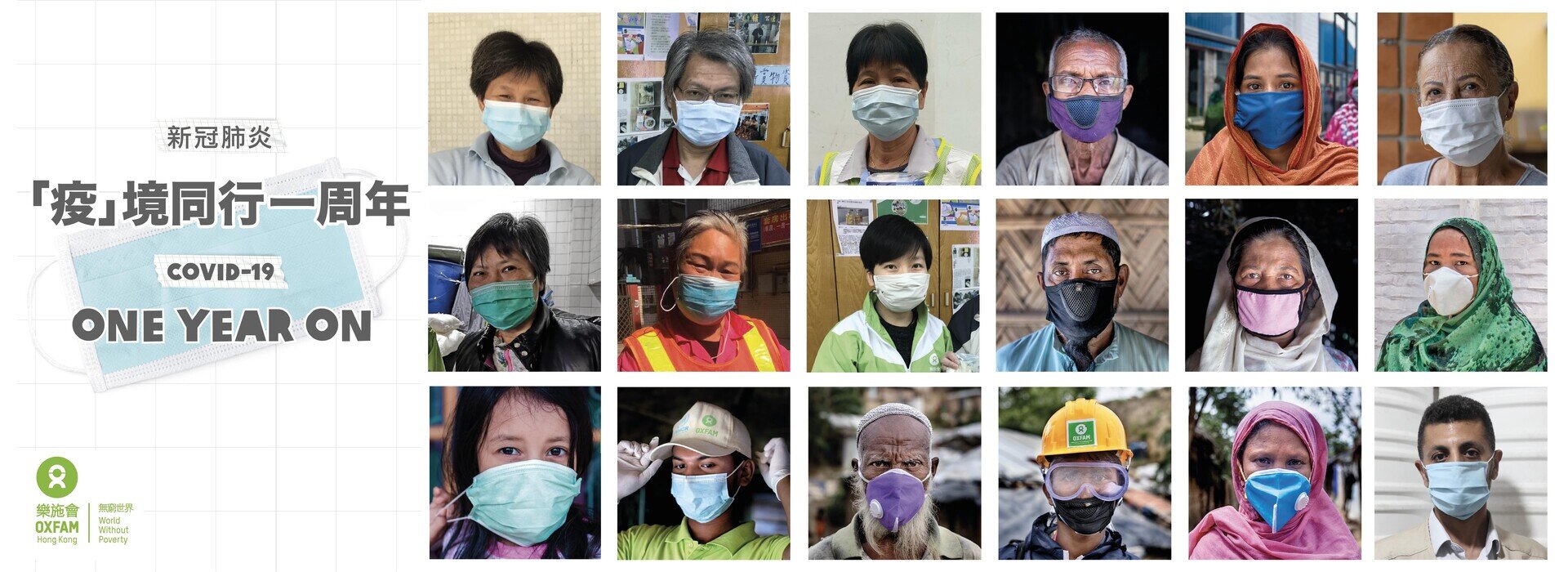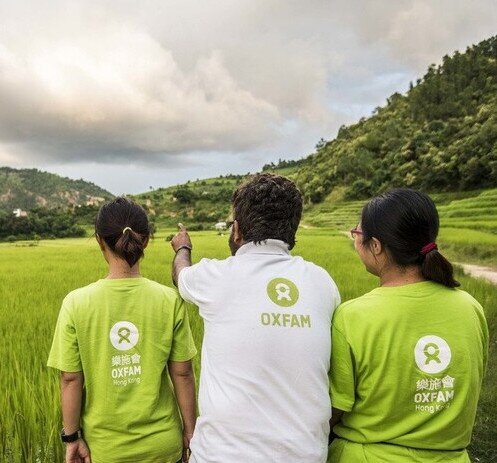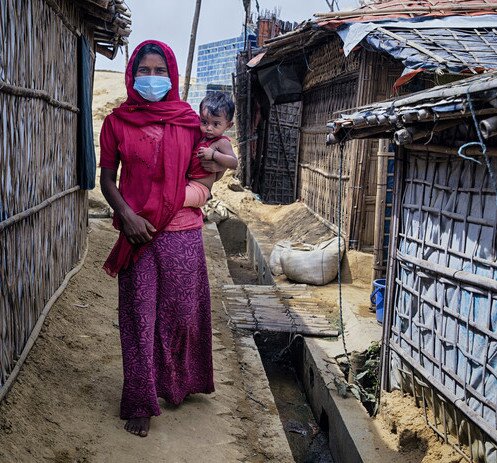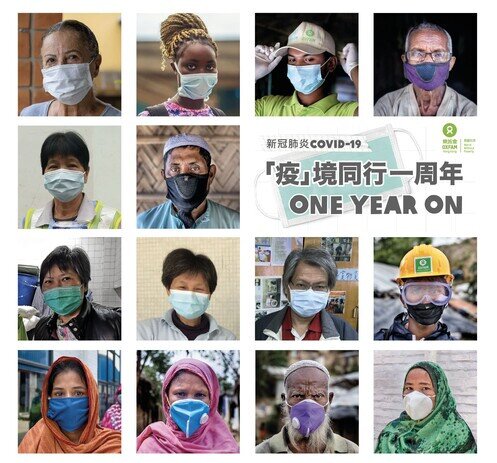Overview Sanitation & Hygiene Education food & livelihoods Advocacy
COVID-19 has profoundly impacted the world. In addition to responding immediately with humanitarian relief, Oxfam has also been calling on all governments to support the poorest in their respective countries through its international research and advocacy efforts and those in Hong Kong.
Hong Kong
Making the Voices of Sanitation Workers and Security Guards Heard
We at Oxfam Hong Kong (OHK), with our partners Hong Kong Catholic Commission for Labour Affairs, Cleaning Workers' Union, Cleaning Service Industry Workers Union and Health In Action, conducted ‘Survey on Outsourced Workers and Their Working Conditions Amidst COVID-19’ (Chi only) to better understand cleaners’ needs and the challenges they faced in February 2020. We interviewed 149 government-outsourced cleaners from 15 districts across the FEHD, LCSD and Housing Departments, and announced the findings on 18 February 2020.
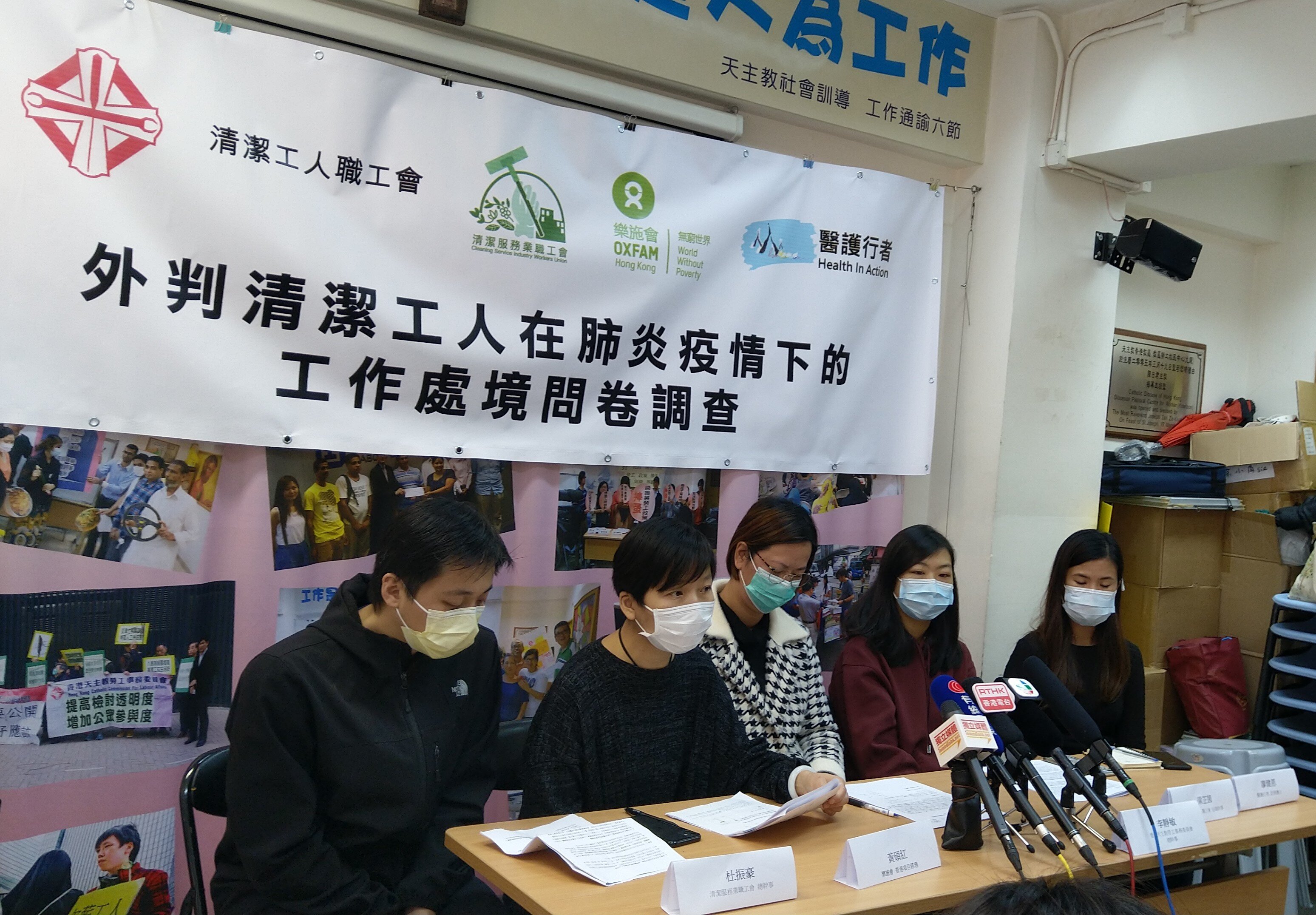
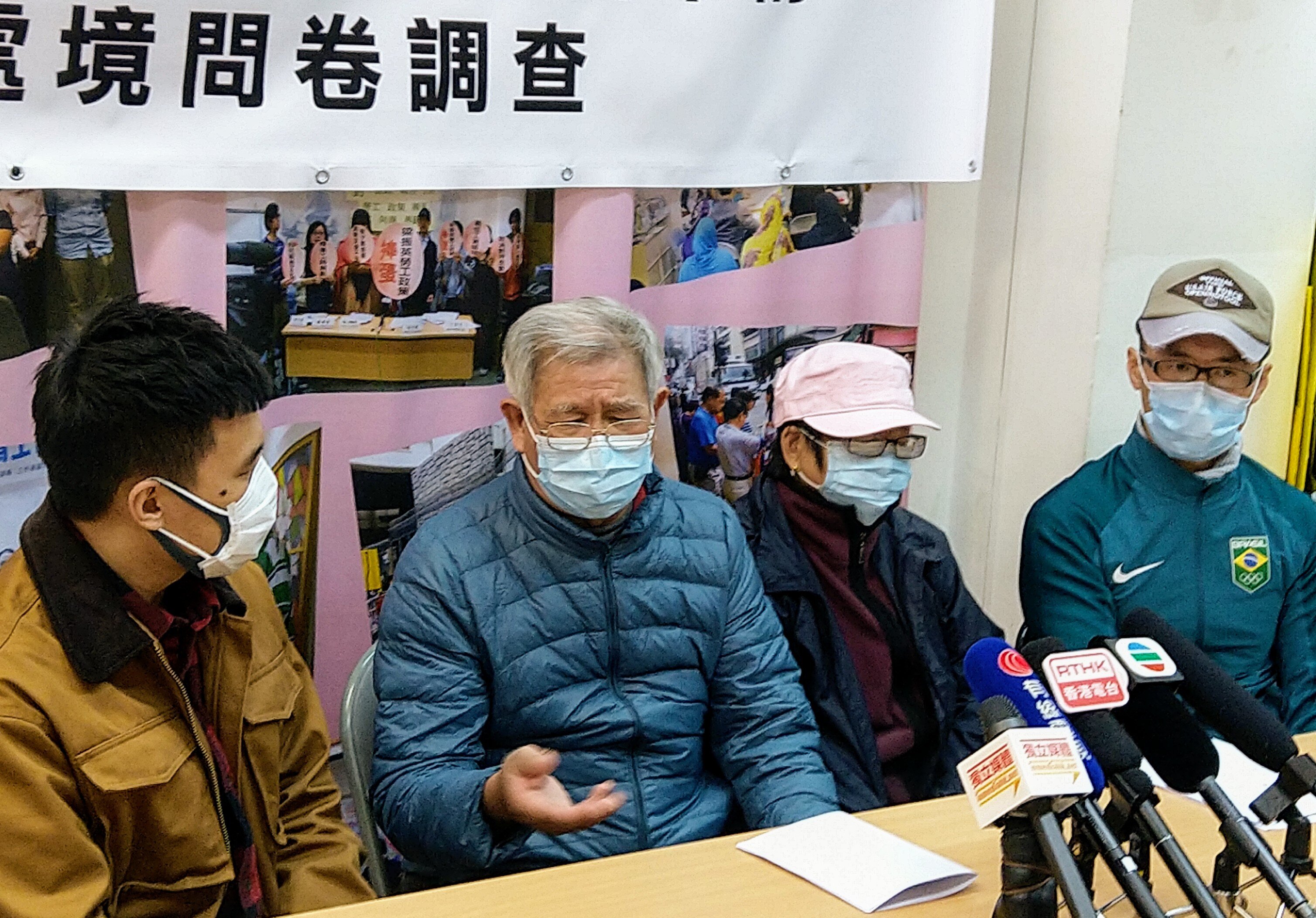
Oxfam continued to follow up on our demands and urged the HKSAR Government to offer cleaners and security guards with a HK$1,000 allowance for four months that would also benefit security guards from 5,300 ‘three-nil buildings’ (i.e. those that do not have owners’ corporations, any form of residents’ organisations, or those that did not use property management companies’ services).
In July 2020, we also wrote to Chief Secretary Matthew Cheung urging the government to include outsourced cleaners who work outdoors in its Community Testing of COVID-19 for Frontline Property Management Workers plan to protect their health. We also urged the government to include COVID-19 under the scope of occupational disease in the Employee’s Compensation Ordinance.
Fighting for an Unemployment Allowance for the Poorest
COVID-19 has battered Hong Kong’s economy and sparked a wave of layoffs. In March 2020, Oxfam released the findings of the joint study Survey on low-income families’ employment situation amidst the epidemic together with Agape Community Care Centre of Kwun Tong Methodist Social Service, Concerning CSSA and Low Income Alliance and Hong Kong People Service Centre. We found that unemployment had rose 400% after Chinese New Year, which clearly showed the profound effect COVID-19 was having on the livelihoods of those from low-income households.
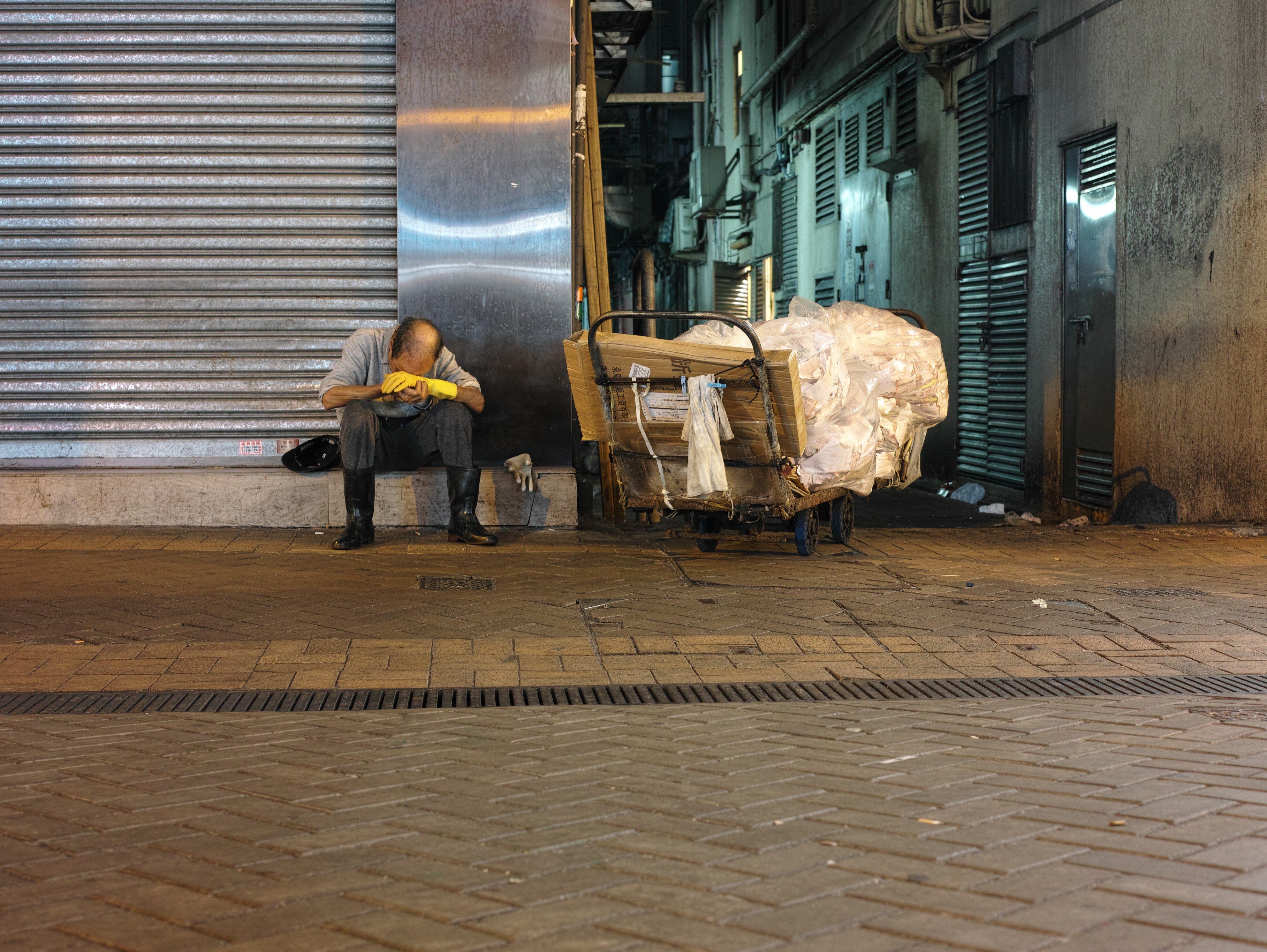
Supporting the Unemployed and Opposing the Minimum Wage Freeze
With the continued effects of COVID-19, the unemployment rate reached 7% in Jan 2021 – the highest in 17 years. OHK’s study Hong Kong Poverty Report: Unemployment among the poor during COVID-19 (Chi only) revealed that the number of unemployed people from poor households this year soared to nearly 110,000, 75 per cent of which could be outside the safety net of Comprehensive Social Security Assistance (CSSA) scheme. Further, middle-aged and elderly individuals from poor households were hardest hit, unemployment was 2.4 times higher year-on-year among those between 25 and 29.
Those who earned close to minimum wage also saw their salaries reduced to minimum wage. Oxfam is thus opposed to the minimum wage freeze, and urges the Chief Executive and Executive Council to raise the minimum wage to at least HK$41.4 to ensure that workers can support one other person and earn more than what they would receive through social assistance. Minimum wage should also be reviewed every year so that it increases with inflation and ensures workers can achieve a basic standard of living.
Overseas
Urging the International Community to Fight COVID with the Poorest
In July 2020, Oxfam International released a report titled 'Hunger Virus' warning that more people could die per day by the end of the year as a result of hunger linked to COVID-19 than the number of people who could die from the disease. It also added that the number of people living on US$5.50 a day would increase by more than 500 million and reach nearly 4 billion.
In order to immunise those from developing countries, which have weak economies and fragile medical systems, Oxfam urges the International Monetary Fund, World Bank, and G20 to formulate a comprehensive assistance plan. Steps to a fairer future include cancelling the debt of developing countries, and formulating fairer tax policies to build a human economy that benefits everyone, not just the privileged few.
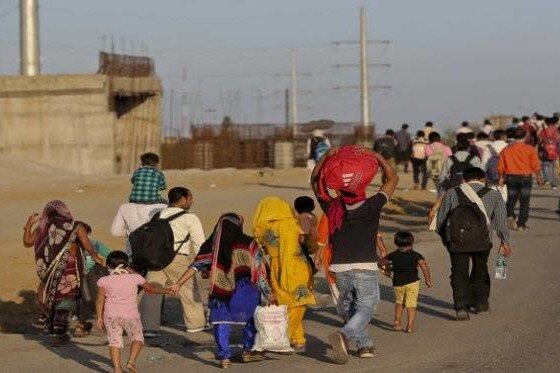
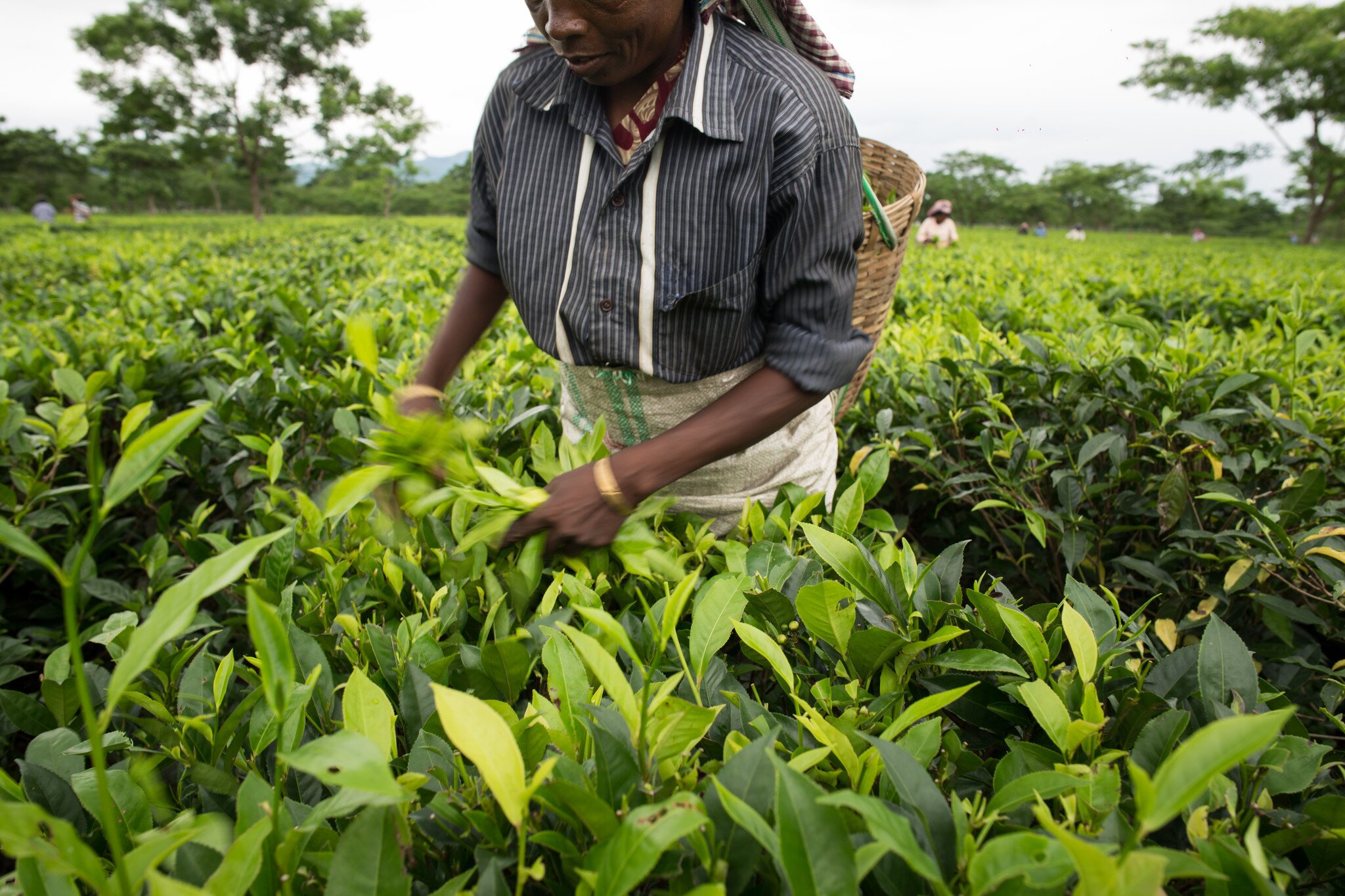
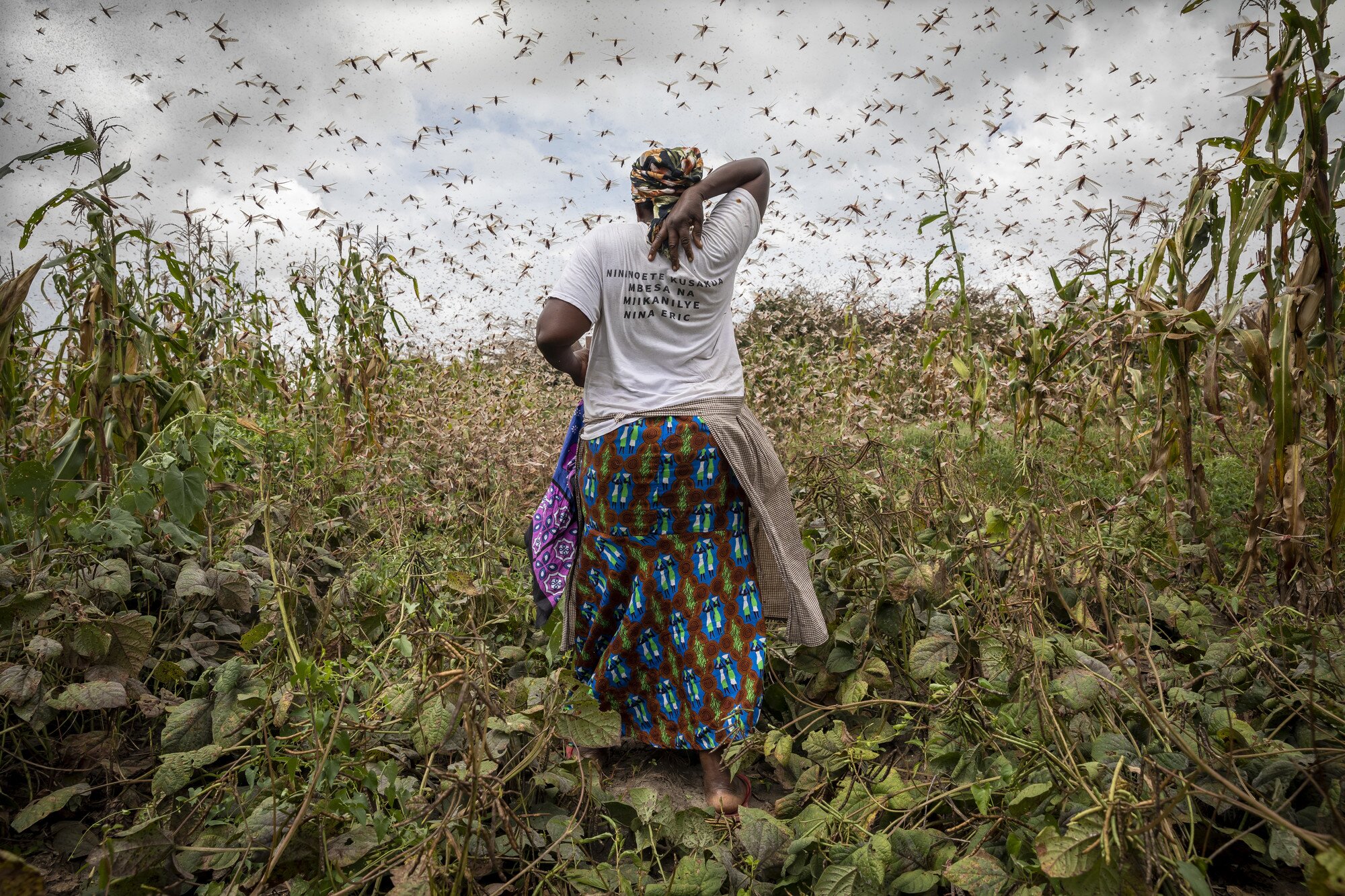
Stopping the ‘Inequality Virus’
Aside from deepening the hunger crisis, COVID-19 has also been exacerbating inequality around the world. In January 2021, Oxfam released the report ‘The Inequality Virus’. It revealed that the 1,000 richest people on the planet recouped their COVID-19 losses within just nine months, but it could take more than a decade for the world’s poorest to recover from the economic impacts of the pandemic. To learn more about the findings of the report, click here.
Oxfam believes that extreme inequality is not inevitable, and that policies play a key role in this. That is why Oxfam will continue to call on leaders around the world to put ending inequality at the core of their economic recovery plans. Steps to achieve this could include improving social policies, implementing ability-to-pay taxation and shifting to a low-carbon economy.
Demanding a People’s Vaccine
In September 2020, Oxfam analysed the deals that pharmaceutical corporations and vaccine producers had struck with nations around the world for the five leading vaccine candidates that were in phase 3 clinical trials based on data collected by Airfinity. Data on the 5.94 billion doses showed that just 13 per cent of the world’s population had cornered more than half (51 per cent) of the promised doses of leading COVID-19 vaccine candidates. Oxfam thus forecasted that 61 per cent of the world’s population – most of which are developing countries – will not have a vaccine until at least 2022.
Since the outbreak of COVID-19, Oxfam has been urging governments and pharmaceutical companies to guarantee that all vaccines, treatments and tests be patent-free, mass produced, distributed fairly and made available to all people, in all countries, free of charge.
In May 2020, Oxfam and UNAIDS also published an open letter calling on all governments to unite behind a people’s vaccine against COVID-19. The open letter was signed by 155 leaders and experts around the world, including many current and former heads of state.
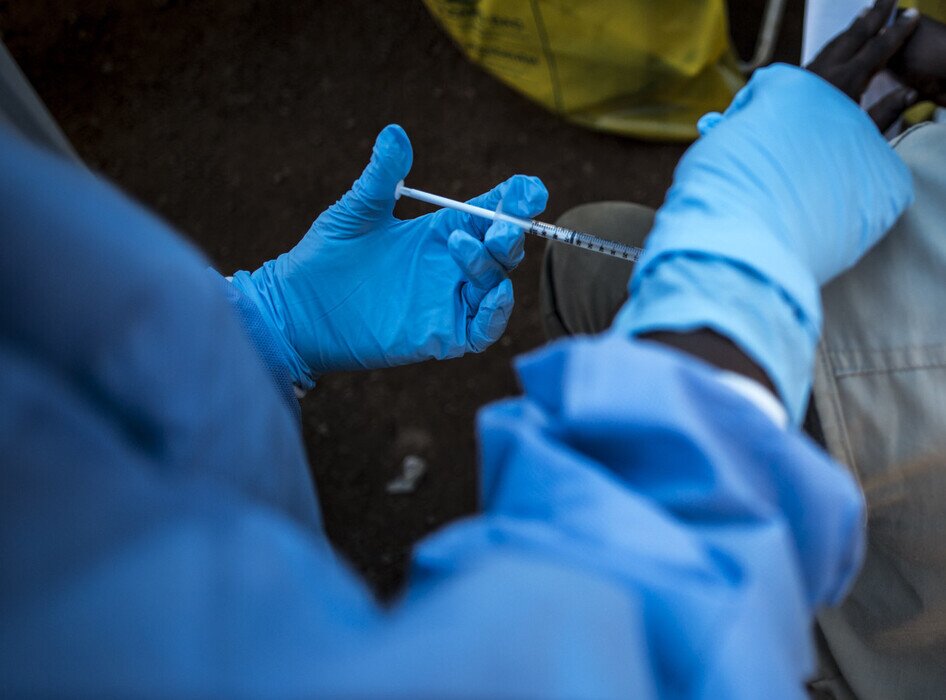
Overview Sanitation & Hygiene Education food & livelihoods Advocacy

